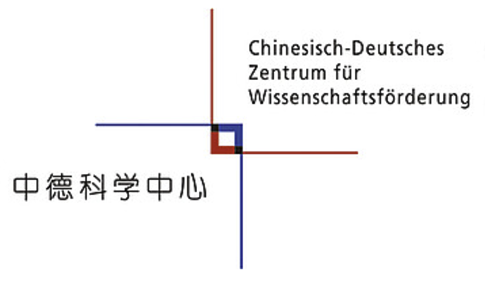2D materials have attracted widespread attention in recent years. They have some unique properties that other usual materials do not have. For example, its electrical, mechanical, thermal and optical properties vary with the number of layers. Density functional theory (DFT) calculations are robust tools to explore the physical properties of pristine structures as well as to explore new type of 2D nanomaterials at their ground state, but they become exceedingly expensive for large systems or at finite temperatures. Classical molecular dynamics (CMD) simulations offer the possibility to study larger systems at elevated temperatures, but they require accurate interatomic potentials. We developed machine-learning interatomic potentials (MLIPs) passively fitted to computationally inexpensive ab-initio datasets which can be used to evaluate the complex physical properties of nanostructured materials, with only a fractional computational cost of conventional DFT-based solutions, cutting down from months to tens of hours. MLIPs offer extraordinary capabilities to marry the first-principles accuracy with multiscale modeling and thus enable the modeling of complex nanostructures at continuum level and has flexibility without paying unaffordable computational costs. We show outstanding and robust potential to develop fully automated platforms, to design, optimize and explore various properties of 2D materials and structures at continuum level, and with inherent precision and robustness.
Dr. Runhai Ouyang (DCTMD2024@163.com)












